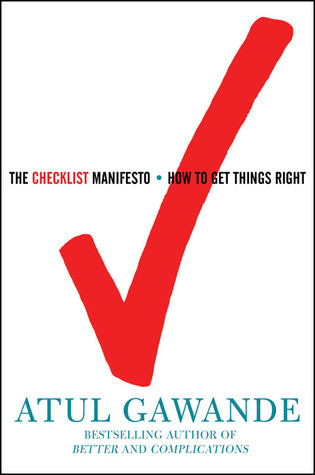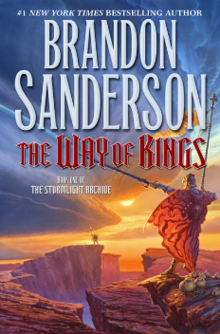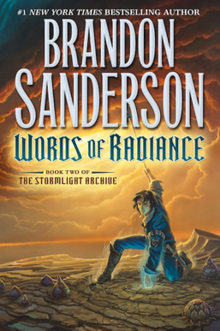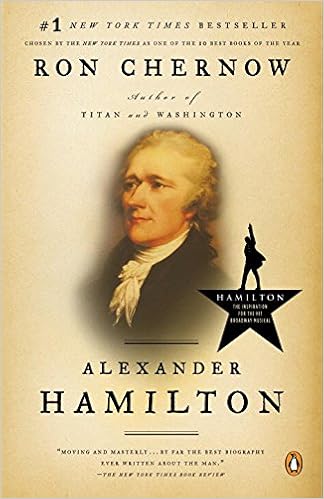John Adams is the second book I've read by David McCullough. It was one of the fastest selling non-fiction books in history and made into a mini-series by HBO. Like
1776, the other book I've read by this author,
John Adams is a highly engaging read that draws the reader in and makes historical figures come alive.
At the same time, McCullough is a bit too much of a fan and comes across, at times, as an apologist rather than a historian. Adams was a great diplomat who was fundamental to the birth of our country and, in many ways, exemplified the values and integrity that are often ascribed to and rarely found among America's founding fathers. All available evidence indicates that he had an amazing relationship with his wife and integrity in his personal dealings.
Adams was far from perfect in certain areas. He was an absentee vice president, which was fairly excusable given the nature of the job. But he continued this trend as president and his administration was ineffective as a result. He couldn't effectively run the government by correspondence. He was enormously critical of the intolerance and ego he perceived in others and had a complete blind spot to these qualities in himself. Adams would nurse grudges based on any slight for years and perceive conspiracies when there was no basis. To be fair, the conspiracies he believed were basically nothing compared to those his successor perceived everywhere. It was a fairly common occurrence at the time.
This is an enjoyable book, but you should go in expecting to find some glossing over of Adams less desirable qualities.




























